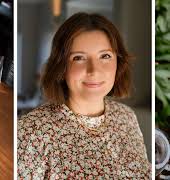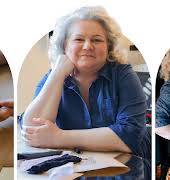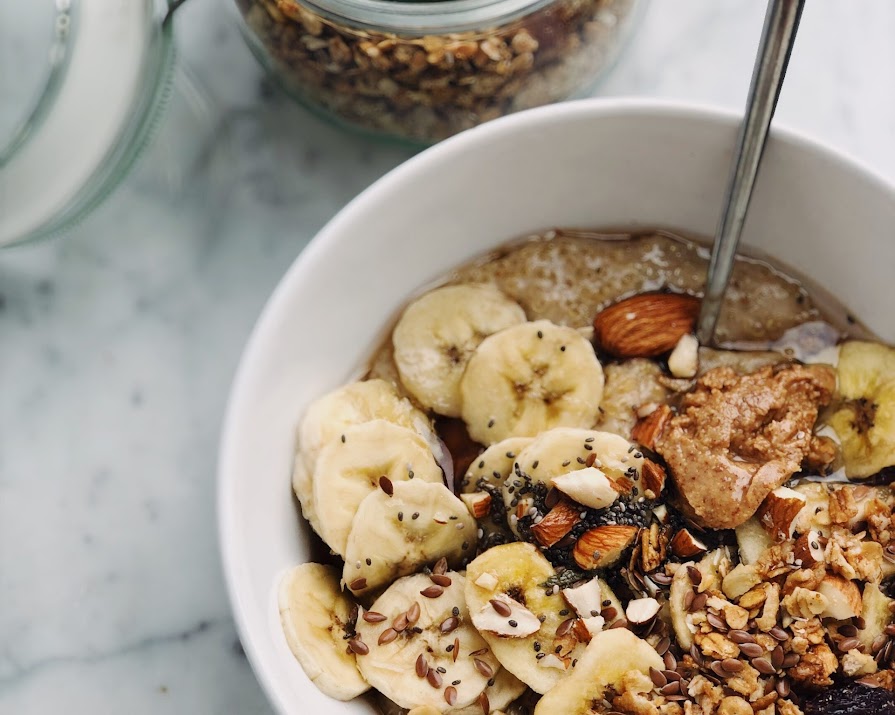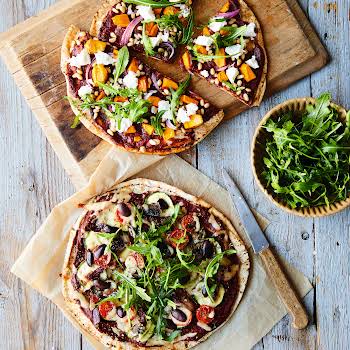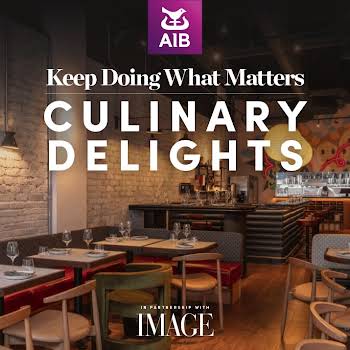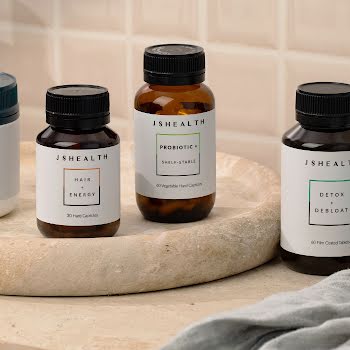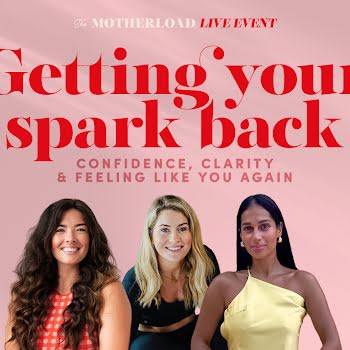5 ‘healthy’ breakfast foods that aren’t actually that good for you
By Grace McGettigan
25th May 2022
25th May 2022
What’s your breakfast go-to? And is it as healthy and nutritious as you think?
They say breakfast is the most important meal of the day. It’s a chance to replenish your energy levels after a night-long fast, not to mention an opportunity to feed your body the nutrients it needs to keep going.
“It will set you up for the day,” parents have said for generations. “Don’t skip it or you’ll be starving by lunchtime,” they warned.
But how healthy is your breakfast of choice? Is it really “setting you up for the day”, or is it contributing to a variety of health problems?
Protein bars
A report by SafeFood found that people in Ireland are consuming more protein bars than ever before. Not only are they prominent on shelves at shop checkout counters, but they’re also available from gyms and pharmacies.
Protein bars are marketed as being ‘good for you’. But SafeFood’s report shows this is far from the truth.
Speaking on RTÉ’s Morning Ireland, Dr Catherine Conlon, Director of Human Health and Nutrition at SafeFood said, of the 83 high-protein snacks investigated, “77% were high in saturated fat with 79% being a source of salt”. What’s more, almost 40% of the protein bars listed chocolate as their main ingredient.
Sweeteners and E-numbers were also evident, with calorie counts ranking just as highly as standard chocolate bars.
“For the vast majority of people, these snacks are just a waste of money and should be avoided,” said Dr Conlon, adding that natural protein sources, such as nuts, are a much better alternative.
Granola
While the majority of raw ingredients for granola are healthy (think fibre-filled oats, seeds and nuts), the finished product isn’t quite so good.
More often than not (particularly if you’re getting granola pre-made from a packet or café), these healthy ingredients are bound together with sticky, sugary substances.
Always read the ingredients list at the back – does it list any of the following? Syrup, sugar, honey, or sugar syrup powder? How many grams of fibre does it have in comparison to grams of sugar?
A good way to boost the food value of granola is to eat it with plenty of fresh fruit. A low-fat, calcium-rich natural yoghurt will improve its food value too, or for extra points, try it with creamy kefir.
Almond butter in smoothies
Almond butter is a delicious addition to toast, pancakes and waffles. In terms of calories, it’s roughly the same as peanut butter, but it has slightly more nutritional value.
Many types of almond butter will boast Vitamin E (and sometimes Vitamin B2), as well as minerals including calcium, phosphorus and magnesium. It’s also a source of fibre and protein.
However, it also includes saturated fats and sugar. In small portions, this doesn’t matter too much. But, if you’re adding heaped spoonfuls of it into your smoothies, it’s not so good.
Everything in moderation, right?
(Some) cereals
“Many breakfast cereals marketed as ‘healthy’ can actually be quite high in sugar, salt or fat,” says nutritionist Donna McGettigan. “As a general rule, the more highly processed a cereal is, the less healthy it is.
“Granola and muesli, while high in fibre, might have lots of sugar or fat added, therefore increasing the calories it provides. Special K is perceived as high in fibre, but it has less than half the fibre of plain Weetabix or porridge oats, along with some added sugar.
“Corn Flakes or Rice Krispies have less sugar added than Special K, but provide very little fibre,” Donna explains.
“The best approach to choosing a breakfast cereal is to keep it simple. The fewer ingredients listed on the pack, the better. For example, porridge, which is just oats.
“Start with a plain base, such as oats or Weetabix, and add milk or yoghurt, a spoonful of nuts and seeds and some of your favourite fruit. This will create a minimally processed, healthy, balanced breakfast.”
Fruit juices
Few things are tastier than a fresh glass of orange juice in the morning – but it’s not exactly bursting with health benefits.
According to SafeFood, we should never drink more than 150ml of fruit juice (or smoothies) a day. This is because the sugars in fruit and vegetables are released when they’re juiced or blended, making them ‘free sugars’. Not only is this damaging for our teeth, but the sudden rush of sugar into our system can contribute to health problems (such as weight gain and diabetes, for example).
As an alternative to drinking large volumes of juice, SafeFood suggests eating whole fruits (such as an orange or apple), with a glass of water.
For food and nutrition advice, contact your GP, pharmacist or local healthcare professional.
Photography by Unsplash.


